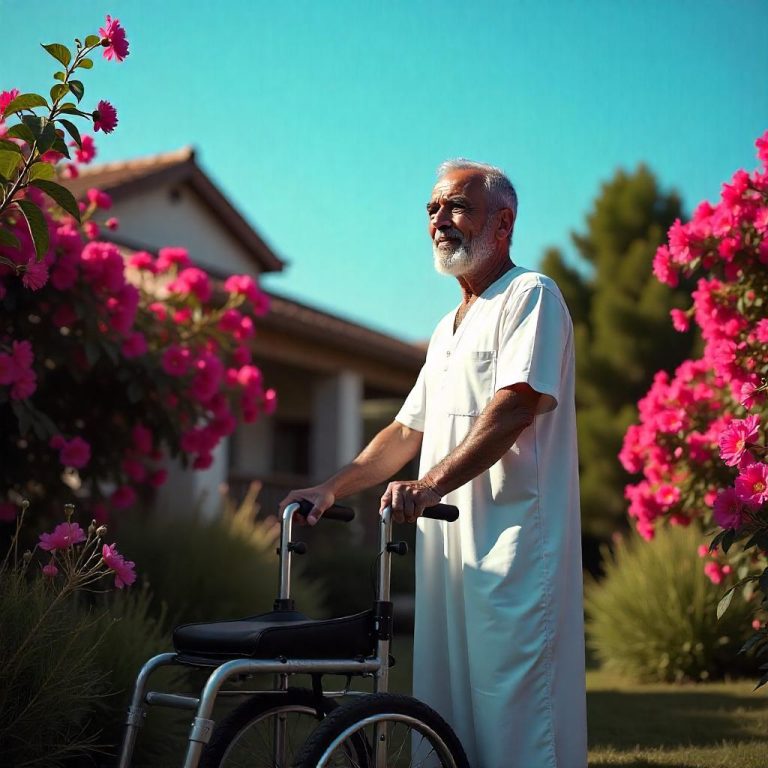Elderly rehabilitation specialists are healthcare professionals dedicated to improving the physical, emotional, and functional well-being of older adults recovering from illness, injury, or surgery. Through personalized care plans, these specialists help seniors regain independence, enhance their quality of life, and adapt to the physical changes associated with aging.
Who Are Elderly Rehabilitation Specialists?
Elderly rehabilitation specialists include physical therapists, occupational therapists, speech-language pathologists, and other professionals trained in geriatric care. They work collaboratively to address the unique challenges seniors face, tailoring treatments to their specific needs and goals.
Services Offered by Elderly Rehabilitation Specialists
1. Physical Therapy for Mobility and Strength
Physical therapists focus on restoring mobility and reducing pain, enabling seniors to perform daily tasks with confidence. Services include:
- Exercises to improve strength, flexibility, and balance.
- Gait training to reduce the risk of falls.
- Pain management techniques, including massage and heat therapy.
2. Occupational Therapy for Daily Activities
Occupational therapists help seniors regain the ability to perform essential tasks, such as:
- Dressing, bathing, and grooming.
- Cooking and managing household chores.
- Using assistive devices like walkers or grab bars for safety.
3. Speech and Swallowing Therapy
Speech-language pathologists provide care for seniors with speech or swallowing difficulties, often caused by conditions like stroke or Parkinson’s disease. Services include:
- Therapy to improve speech clarity and communication.
- Exercises to strengthen swallowing muscles and prevent aspiration.
- Strategies for cognitive rehabilitation to address memory or attention deficits.
4. Post-Surgical and Injury Rehabilitation
Specialists assist seniors recovering from surgeries or injuries, such as hip replacements or fractures, by:
- Developing customized recovery plans.
- Monitoring progress and adjusting exercises as needed.
- Providing education on proper body mechanics to prevent re-injury.
5. Neurological Rehabilitation
For seniors with neurological conditions, such as stroke or Alzheimer’s disease, rehabilitation focuses on:
- Regaining motor skills and coordination.
- Cognitive exercises to enhance memory and problem-solving.
- Emotional support to manage the psychological impact of neurological disorders.
6. Cardiac and Pulmonary Rehabilitation
For seniors recovering from heart or lung conditions, specialists provide:
- Cardiovascular exercises tailored to the individual’s capacity.
- Breathing techniques to improve lung function.
- Education on managing chronic conditions like COPD or heart disease.
Benefits of Elderly Rehabilitation
1. Improved Physical Health
Rehabilitation reduces pain, increases mobility, and enhances overall strength, enabling seniors to lead more active lives.
2. Enhanced Independence
By addressing functional limitations, specialists empower seniors to perform daily activities with minimal assistance.
3. Reduced Risk of Falls
Balance training and home safety evaluations help prevent injuries that are common among older adults.
4. Psychological Well-Being
Rehabilitation promotes self-confidence, reduces feelings of isolation, and fosters a sense of accomplishment in seniors.
5. Support for Families
Specialists educate family members on how to assist their loved ones effectively, creating a supportive environment for recovery.
Key Qualities of Elderly Rehabilitation Specialists
- Patience and Empathy: Understanding the challenges seniors face and providing compassionate care.
- Expertise in Geriatric Care: Specialized training in age-related conditions and treatments.
- Adaptability: Tailoring therapies to meet the unique needs and limitations of each individual.
- Collaborative Approach: Working closely with other healthcare professionals, families, and caregivers.
Elderly rehabilitation specialists play a vital role in helping older adults recover and thrive, offering comprehensive care that bridges the gap between illness or injury and a fulfilling, independent lifestyle.






